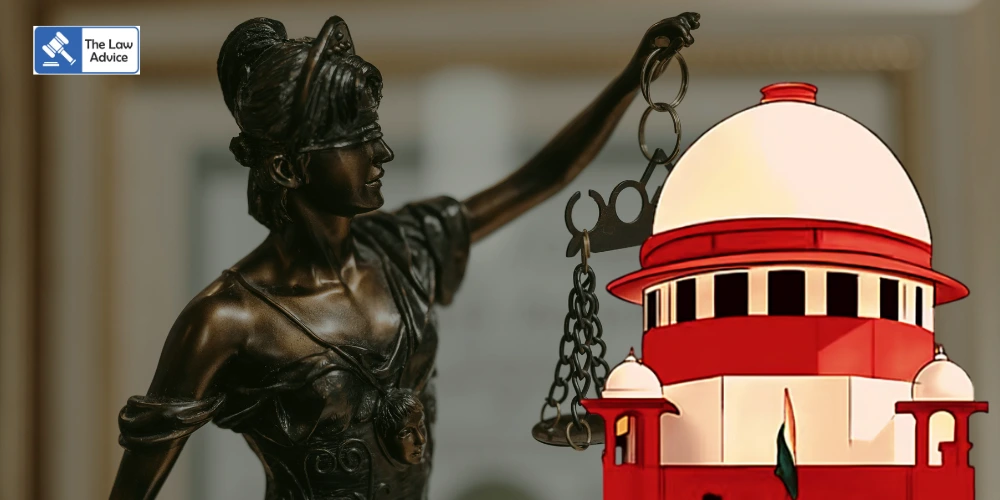
The Supreme Court Bar Association (SCBA) has strongly objected to a recent notification issued by the Lieutenant Governor of Delhi on August 13, 2025, which designates the virtual conference (VC) rooms of police stations as official venues for recording the evidence of police officers in court proceedings.
In a resolution passed on August 22, 2025, under the leadership of SCBA President Vikas Singh and the Executive Committee, the Association described the notification as arbitrary, unlawful, and violative of the principles of natural justice.
The SCBA cautioned that such a step carries serious consequences for judicial independence and the integrity of the trial process, as it blurs the separation between law enforcement agencies and the judiciary.
“Such a measure not only undermines the sanctity of the judicial process but also compromises it. The SCBA firmly believes that this notification gravely affects the independence of the judiciary and the fair administration of justice, besides being against the larger public interest.”
Recording its “strongest condemnation”, the SCBA urged the concerned authorities to immediately withdraw the notification in the interest of justice and rule of law.
The controversial order was issued under the second proviso to Section 265(3) of the Bharatiya Nagarik Suraksha Sanhita (BNSS), which permits examination of witnesses through “audio-video electronic means” at a place notified by the state government. While the BNSS allows for virtual testimony in certain situations, the SCBA has pointed out that designating police stations themselves as venues for recording police officers’ evidence creates a conflict of interest and compromises the neutrality of judicial proceedings.
The move has not only drawn criticism from the SCBA but has also triggered opposition from the Delhi High Court Bar Association (DHBA) and the Delhi Trial Court Bar Associations, who have expressed similar concerns. They argue that permitting police witnesses to testify from within police-controlled environments erodes public confidence in the impartiality of trials and sets a dangerous precedent.
The SCBA resolution underscored that the fair administration of justice requires both real and perceived independence of courts from investigative agencies. By placing police officers within the comfort of their own institutions while deposing in criminal trials, the notification risks creating an imbalance of power between the prosecution and the defense.
The statement concluded:
“Accordingly, the Supreme Court Bar Association resolves to record its strongest condemnation of the said notification and urges the authorities concerned to immediately withdraw it in the interest of justice and rule of law.”
This controversy has opened up a larger debate on the implementation of the BNSS, which came into force in 2025 as a replacement for the Code of Criminal Procedure (CrPC). While intended to modernize procedures and reduce delays, critics argue that certain provisions may have unintended consequences for judicial independence and due process rights.
Website designed, developed and maintained by webexy